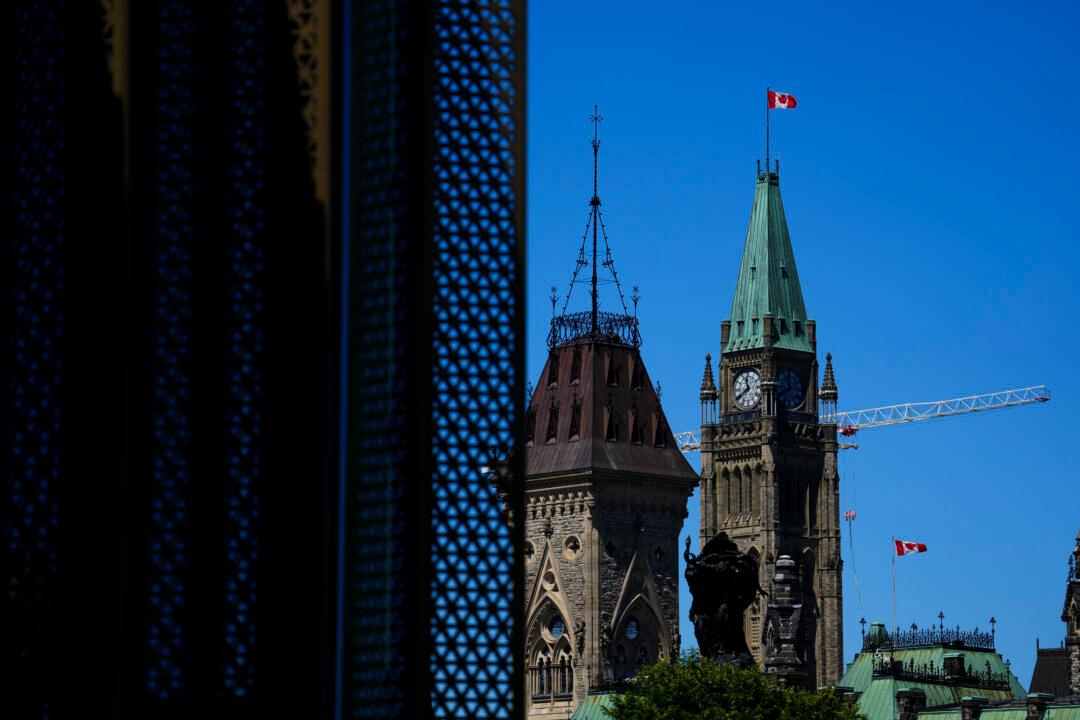Commentary
For a brief moment I felt encouraged. Someone sent a photo of Britain’s new cabinet, small enough to meet at one large table, and asked why ours was so big. I was preparing to offer a Chestertonian paradox involving their Parliament being bigger than ours. But alas and prosaically, I checked and the wider British cabinet is enormous, continuing to erode self-government by subordinating the legislature to the executive branch.





